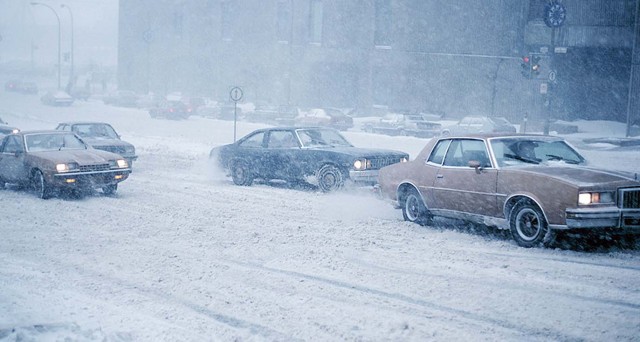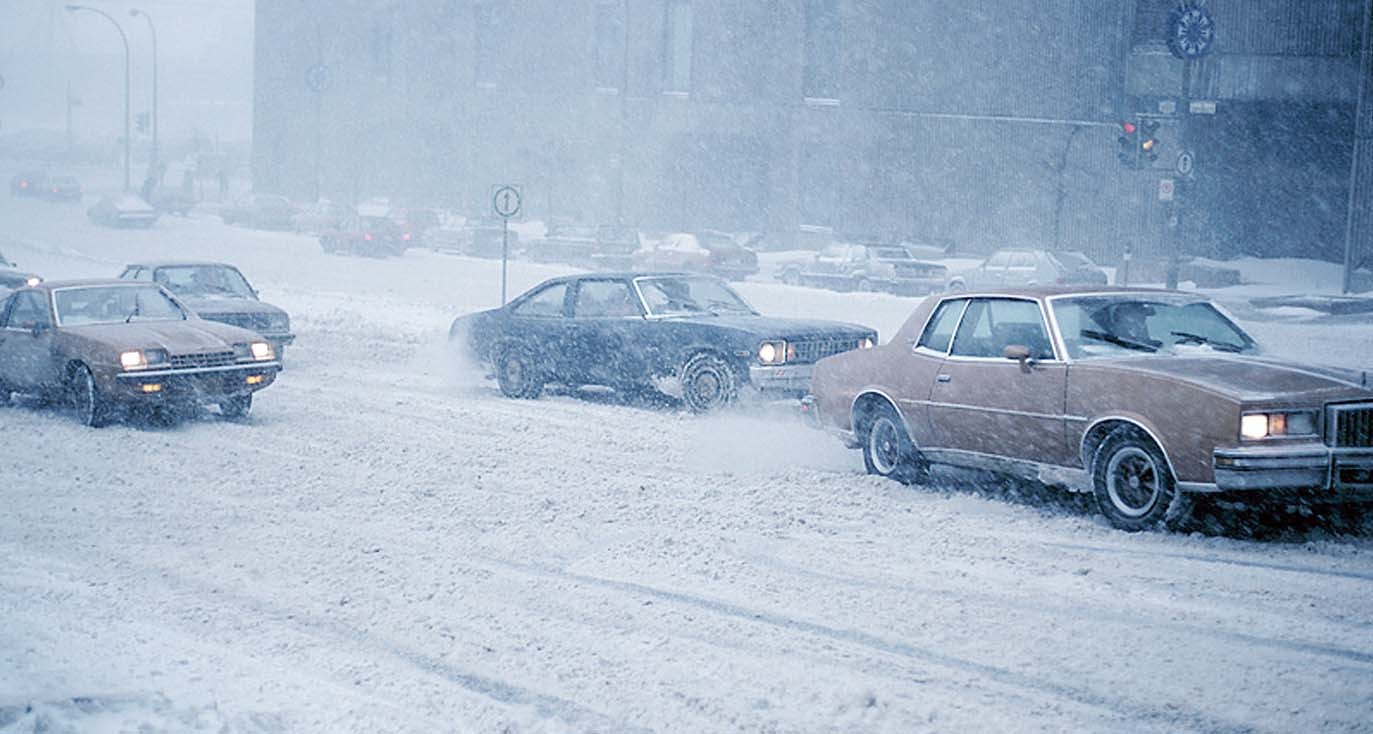FORT RUCKER, Ala. -- While South Alabama rarely experiences wintry precipitation, many people may travel north to visit Families during the Christmas holidays. Aviation Branch Safety Office staff encourages people to winterize their vehicles and themselves before they hit the road.
Before traveling, people should ensure their vehicles are road ready. This includes properly inflating their vehicles' tires.
On cold days, people often warm up cars. To avoid carbon monoxide poisoning, they should avoid warming up vehicles in an enclosed area.
Also before leaving, Emergency Operations Officer Maj. Michael Hughes encourages packing emergency kits. The kit should include local emergency contact numbers, blankets, extra layers of clothing, food, water and any necessary medications.
ABSO staff recommends people avoid using the cruise control on slippery surfaces. While driving, keep gas tanks at least half full to avoid gas line freeze-up. Also avoid using the parking brake in cold, rainy and snowy weather.
If people encounter snow, they should accelerate, decelerate and drive slowly because stopping happens more slowly than on dry pavement. When driving in normal conditions, drivers should follow three to four seconds behind the next car. This should be increased to eight to 10 seconds in snow.
ABSO officials recommend drivers avoid powering up hills in snowy conditions. Powering up hills can cause wheels to spin.
These tips will likely keep people from becoming stranded. If people become stranded, some of the following tips can ensure survival, ABSO staff said.
People should stay with their vehicles, which provide temporary shelters and allow rescuers to easily locate them. Walking in winter storms can cause drivers and passengers to become disoriented and lose sight of their vehicles.
To aid in rescue efforts, tie a brightly colored cloth to an antenna or place at the top of a window. Also make sure exhaust pipes are not clogged. If they are, they can cause carbon monoxide poisoning if the engine is running.
Finally, ABSO's Bob Saliewicz urges people not to drink and drive, especially given the difficulty of driving in winter conditions sober.
"You increase the risk of hurting you, someone with you or potentially someone else," he said.


Social Sharing